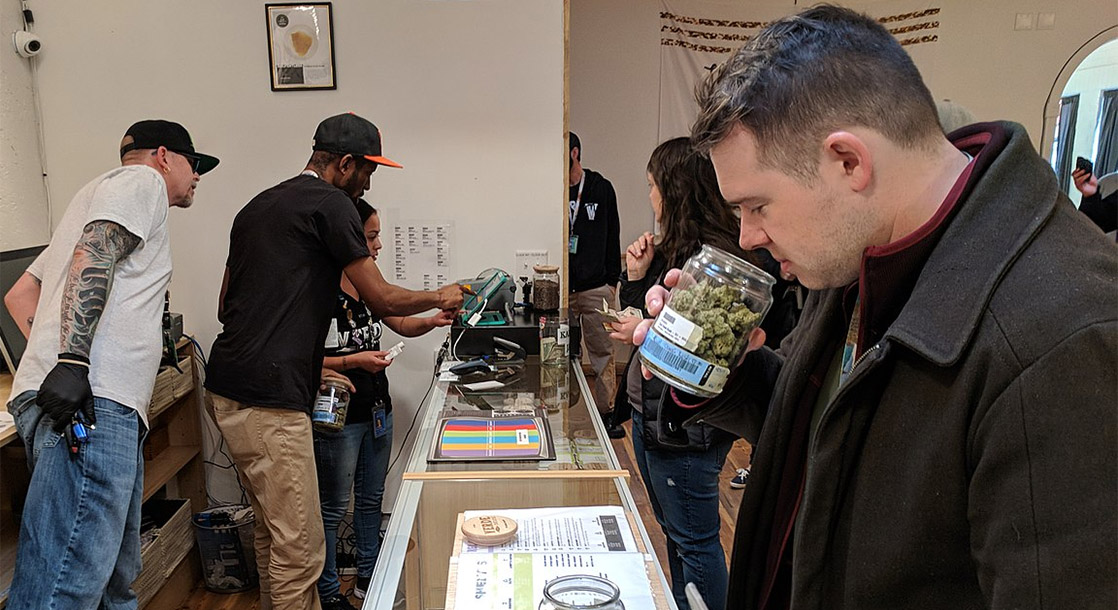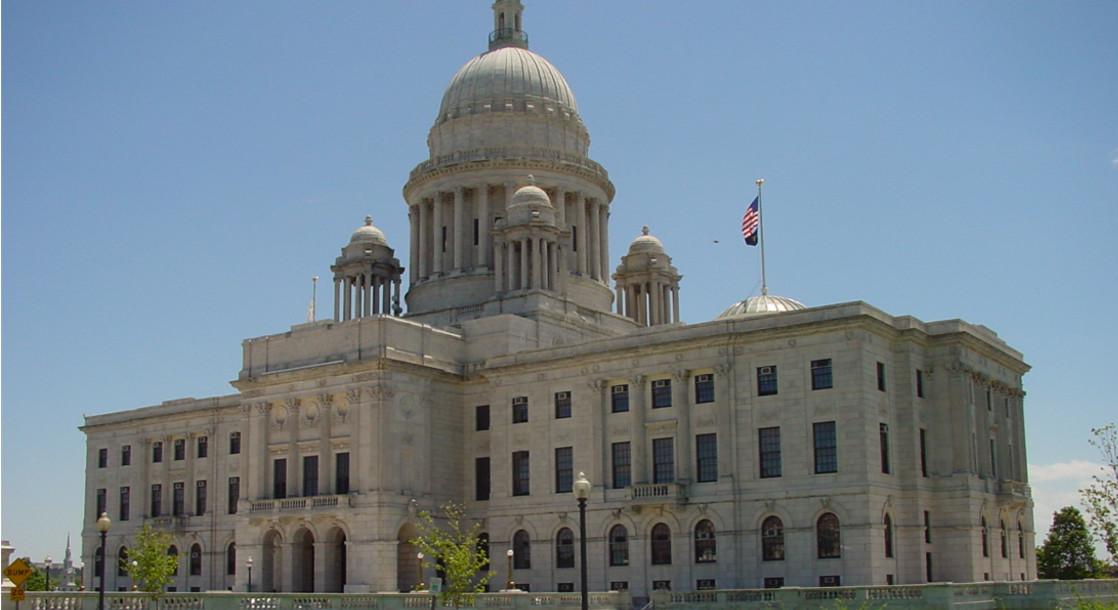A new trend in California’s legal cannabis industry is causing a rift between dispensaries and the pot brands that fill their shelves. And, like most business disputes, it’s all about cash.
According to a new report from Marijuana Business Daily, a growing number of licensed California dispensaries are charging pot brands monthly fees to put their products into display cases and on prime shelf space. Known in other industries as “slotting fees,” the excess costs are splitting the Golden State’s industry, with some cultivators calling it standard operating procedure, and others complaining that the payment structure is actively pushing out small brands.
“In a new burgeoning industry, the fact that there’s already this sort of creep of brands that are able to pay these high prices to buy shelf space – it’s setting the industry up for bad business practices,” said Karli Warner, cofounder of Garden Society, a licensed cannabis brand based in Sonoma County, to MJBiz Daily. “It’s going to be the demise of the craft brand, frankly.”
Warner said that her brand was first asked for a slotting fee last summer, but that the trend has taken off with dispensaries across the state — and particularly in Southern California — in the year since. In Los Angeles and San Diego, the dispensary rake can run anywhere from $1,000 to $5,000 a month depending on the placement, with some pot shops charging as much as $10,000 every month for premium shelf space.
For dispensaries, extra fees are a way to compete with the still-thriving black market, which — especially in LA — has taken the shape of unlicensed dispensaries masquerading as the real thing. Legit dispensary owners say they are struggling to compete with low prices at pot shops that don’t pay taxes or licensing costs, and that both dispensaries and cannabis brands may need slotting fees to stay in business.
“The parity between legal and illegal is so far apart that we don’t have a way to compete with these illicit retailers,” Jerred Kiloh, owner of The Higher Path dispensary in Los Angeles, told MJBiz Daily. “If brands are trying to get their products to the top of the shelf, that’s a business decision.”
At the administrative level, California Bureau of Cannabis Control spokesperson Alex Traverso said that officials “have not heard much about” the issue, and that few, if any official complaints had been filed. Nevertheless, several cannabis brands said that they were actively investigating to see if the pay-to-play retail structure violates state business practice law.
For now though, the practice will remain in place, with some brands likening the finance-friendly scheme as a signifier that the once controversial industry is simply stepping into the world of big business — for better or for worse.
“This was always going to happen,” said Adrian Sedlin, the CEO of the deep-pocketed SoCal company Canndescent. “I don’t see this as retailers gouging their manufacturers or their product providers. You don’t think Procter & Gamble isn’t paying for shelf space?”
Follow Zach Harris on Twitter











